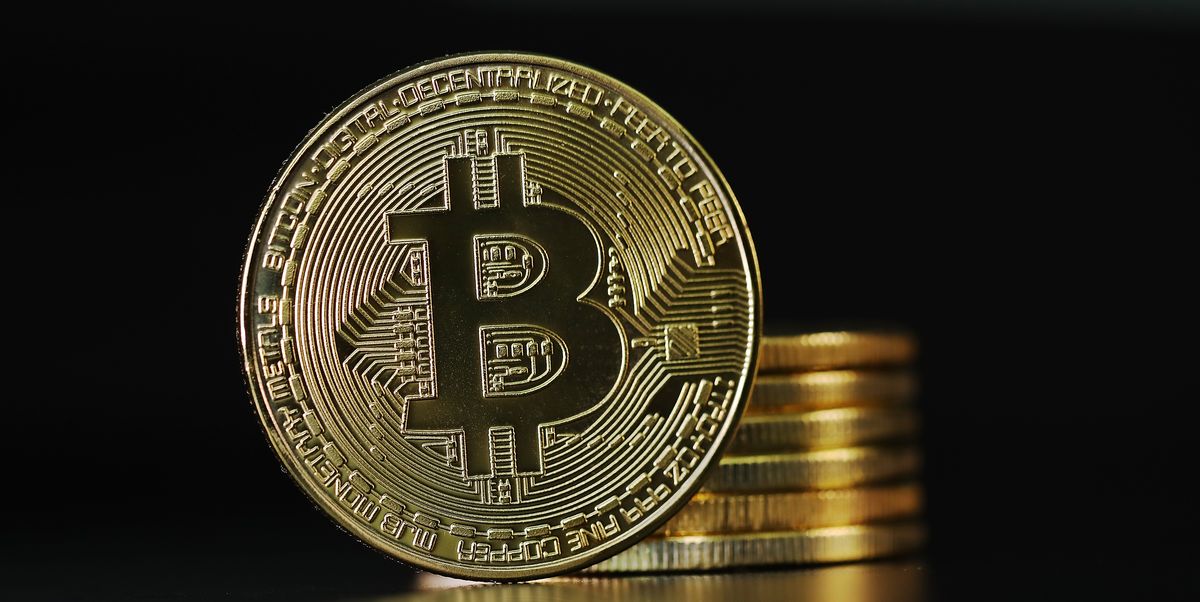|
Getting your Trinity Audio player ready...
|
Peter Schiff, a well-known hedge fund strategist and outspoken Bitcoin critic, has recently stirred up controversy by stating that Bitcoin could be America’s “worst enemy” when it comes to national security. His remarks, which were made in a social media post, come in the midst of heated discussions around the role of cryptocurrency in the U.S. economy and government policy.
Schiff, a vocal advocate for gold, has long been critical of Bitcoin, warning that it lacks the stability and trustworthiness of traditional financial assets. His latest comments appear to be a direct challenge to the growing calls for the U.S. government to adopt Bitcoin as a strategic asset. The idea of creating a U.S. Bitcoin reserve fund has gained momentum, particularly among some Republican figures. Most notably, former President Donald Trump, who is campaigning for re-election in 2024, has pledged to keep all Bitcoin acquired by the U.S. government in reserve, emphasizing the importance of holding, rather than selling, the digital asset. At the Bitcoin Conference this past July, Trump remarked, “Never sell your Bitcoin,” a sentiment echoed by Wyoming Senator Cynthia Lummis. Lummis has even proposed that the U.S. should acquire more Bitcoin to build a strategic reserve fund, similar to how gold has been historically viewed as a store of value.
However, Schiff’s perspective stands in stark contrast. In his post, Schiff argues that Bitcoin is detrimental to the U.S. economy and national security. He believes that the cryptocurrency could be used as a means of evading government oversight, potentially empowering individuals or groups who might undermine the nation’s financial system. For Schiff, Bitcoin’s ability to provide a financial shelter from government redistribution schemes only makes it more dangerous. By allowing wealth to be shielded from taxation and wealth redistribution, Schiff warns that Bitcoin could enable “tax pirates” to grow their wealth outside the reach of government authorities, thereby destabilizing the financial system.
While Schiff’s criticisms of Bitcoin resonate with those who value traditional financial systems, they also stand in opposition to a growing number of experts who see the digital asset as a tool for financial freedom. A recent poll among international financial experts revealed that many disagree with Schiff’s view, believing that other global threats, such as the SARS-CoV-2 pandemic, pose a greater risk to national security than Bitcoin.
As Bitcoin’s price surpassed the $100,000 mark recently, signaling its continued mainstream acceptance, the debate over its role in government policy will only intensify. For advocates of Bitcoin, the push for a U.S. Bitcoin reserve is seen as a step toward embracing the future of finance. On the other hand, figures like Peter Schiff remain steadfast in their belief that Bitcoin’s volatility and decentralization make it incompatible with the values and security needs of the United States.

In conclusion, the debate over Bitcoin’s role in national security highlights the tension between traditional financial institutions and the disruptive potential of cryptocurrencies. As the U.S. government weighs its options, the views of both Schiff and Bitcoin proponents will continue to shape the conversation on the future of money and its place in a secure national framework.
Disclaimer: The information in this article is for general purposes only and does not constitute financial advice. The author’s views are personal and may not reflect the views of Chain Affairs. Before making any investment decisions, you should always conduct your own research. Chain Affairs is not responsible for any financial losses.
Crypto and blockchain enthusiast.




